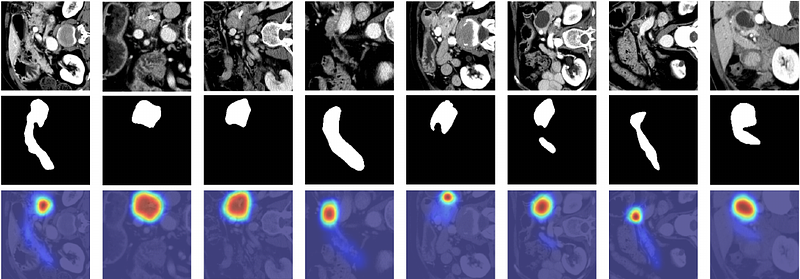Visual Attention-Prompted Prediction and Learning

Visual Attention-Prompted Prediction and Learning
Yifei Zhang, Siyi Gu, Bo Pan, Guangji Bai, Xiaofeng Yang, Liang Zhao
AbstractExplanation(attention)-guided learning is a method that enhances a model's predictive power by incorporating human understanding during the training phase. While attention-guided learning has shown promising results, it often involves time-consuming and computationally expensive model retraining. To address this issue, we introduce the attention-prompted prediction technique, which enables direct prediction guided by the attention prompt without the need for model retraining. However, this approach presents several challenges, including: 1) How to incorporate the visual attention prompt into the model's decision-making process and leverage it for future predictions even in the absence of a prompt? and 2) How to handle the incomplete information from the visual attention prompt? To tackle these challenges, we propose a novel framework called Visual Attention-Prompted Prediction and Learning, which seamlessly integrates visual attention prompts into the model's decision-making process and adapts to images both with and without attention prompts for prediction. To address the incomplete information of the visual attention prompt, we introduce a perturbation-based attention map modification method. Additionally, we propose an optimization-based mask aggregation method with a new weight learning function for adaptive perturbed annotation aggregation in the attention map modification process. Our overall framework is designed to learn in an attention-prompt guided multi-task manner to enhance future predictions even for samples without attention prompts and trained in an alternating manner for better convergence. Extensive experiments conducted on two datasets demonstrate the effectiveness of our proposed framework in enhancing predictions for samples, both with and without provided prompts.